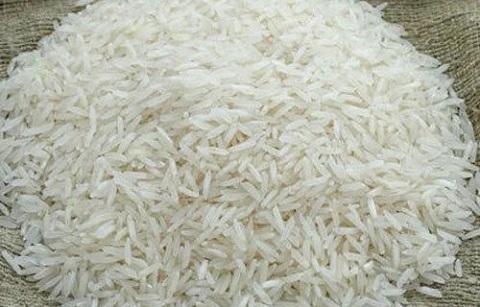New Delhi: Food Safety and Standards Authority of India (FSSAI) has specified the identity standards for Basmati Rice (including Brown Basmati Rice, Milled Basmati Rice, Parboiled Brown Basmati Rice and Milled Parboiled Basmati Rice) for the first time in the country.
As per the standards, Basmati rice shall possess natural fragrance characteristic of basmati rice and be free from artificial colouring, polishing agents and artificial fragrances.
These standards also specify various identity and quality parameters for basmati rice such as average size of grains and their elongation ratio after cooking; maximum limits of moisture, amylase content, uric acid, defective/damaged grains and incidental presence of other non-basmati rice etc.
The standards are aimed at establishing fair practices in the trade of Basmati rice and protect consumer interest, both domestically and globally. These standards will come into force from August 1, 2023.
Basmati rice is a premium variety of rice cultivated in the Himalayan foothills of the Indian sub-continent and is universally known for its long grain size, fluffy texture and unique inherent aroma and flavour.
Agro-climatic conditions of the specific geographical areas where Basmati rice is grown; as well as the method of harvesting, processing and ageing of the rice contributes to the uniqueness of Basmati rice.
Due to its unique quality attributes, Basmati is a widely consumed variety of rice both domestically and globally and India accounts for two thirds of its global supply.
Being a premium quality rice and fetching a price higher than the non-basmati varieties, Basmati rice is prone to various types of adulteration for economic gains which may include, among others, undeclared blending of other non-basmati varieties of rice.


Comments are closed.